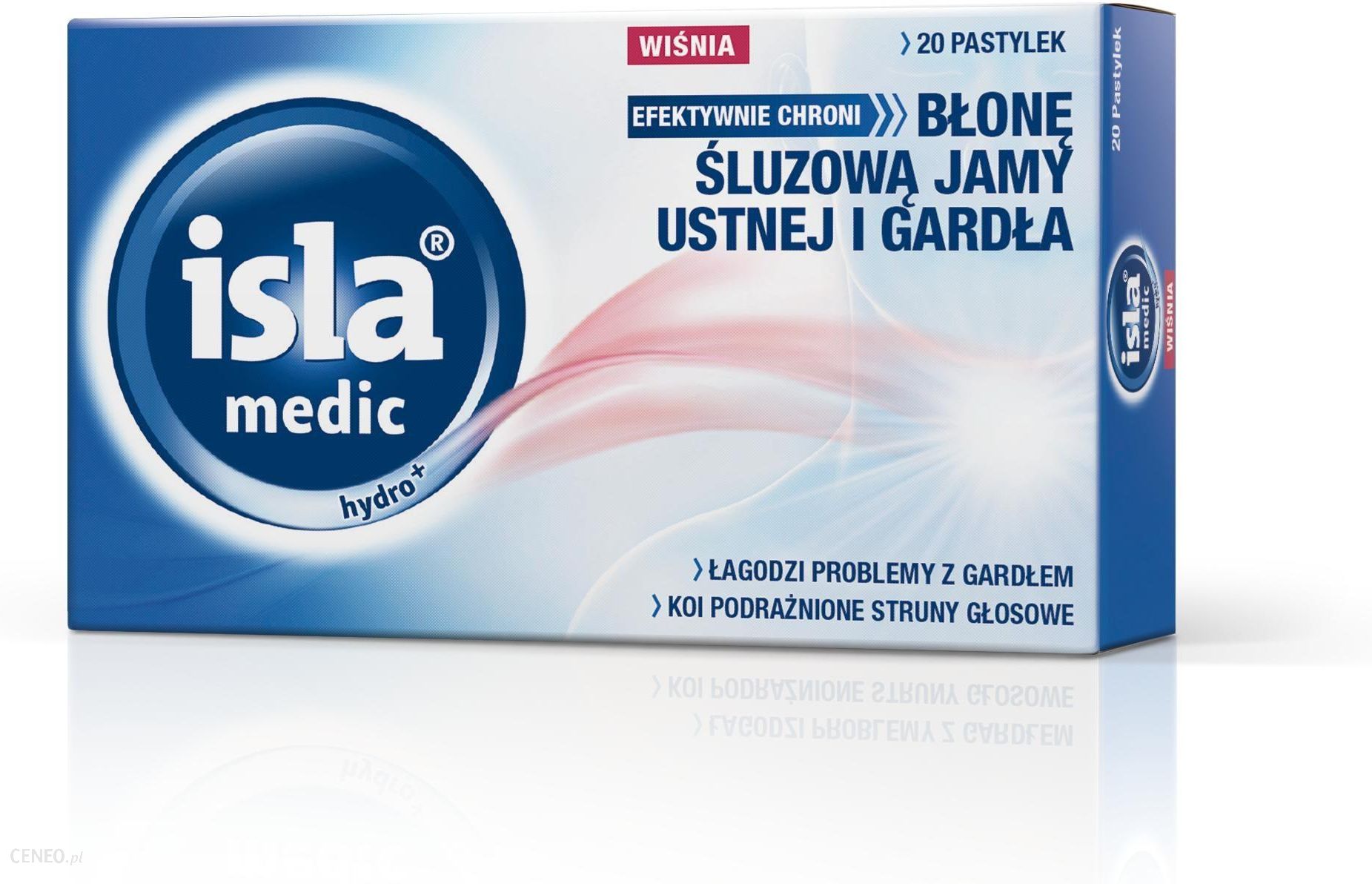

Result : here was a significant difference in the average short-term memory in the elderly between before and after the Dual Task Training (Cognitive) intervention (p = 0.0001), there was no significant difference in the average short-term memory in the elderly between before and after the physiotherapy education intervention in control group (p = 0.38), and there was a significant difference in mean short-term memory (cognitive) between the case group and control group (p = 0.0001). The data collection stages are preparation (informed consent), pre-intervention (Mini Cognitive Test), intervention (dual task training in the intervention group, and education in the control group) given 3 times a week for 15 minutes for 4 weeks, and the post-intervention stage. This study required two groups with a sample size of 16 people per group. The research was carried out at the Tresna Werdha Social Home in Cipayung, East Jakarta, April-May 2021. Research Methods : The research method quasi-experimental with “Two-group pretest-posttest design”. Purpose : This study aimed to to find out the Effect of Dual Task Training (Cognitive) on the Improvement of Short-Term Memory in the Elderly.

Decreased balance and cognitive function, especially short-term memory in the elderly, can be improved, one of which is by doing dual task training.

The elderly who have problems retaining the new information they get can lead to more frustration and less tolerance for daily activities. Background : The ability of the elderly to remember past events is better than the ability to remember events that have just happened.


 0 kommentar(er)
0 kommentar(er)
